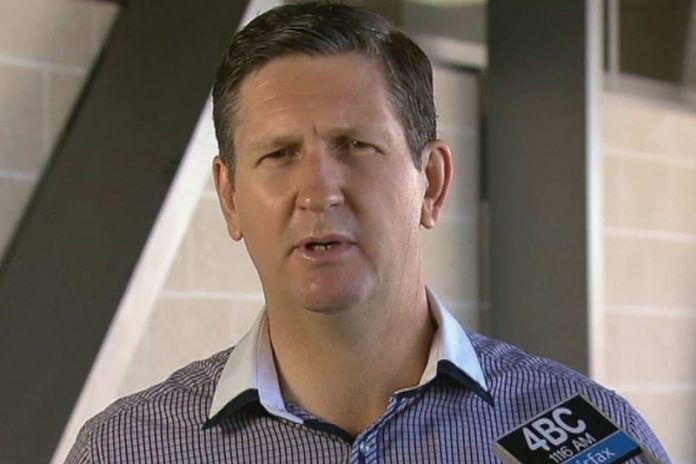
Queensland Health Minister Lawrence Springborg says more than $160 million would be saved if people did not burden hospital emergency departments with minor ailments.
Mr Springborg was launching a new marketing campaign to encourage patients to visit GPs when appropriate.
But AMA Queensland president Dr Shaun Rudd said the Federal Government’s proposed up-front $7 co-payment for GP visits would prove an impediment to the move.
“There’s no doubt that the Government’s flawed co-payment would lead more people to go to emergency departments, because obviously it is free,” Dr Rudd said.
“Maybe it is a good idea to get the campaign running now, to try to get less people there knowing that it is going to get worse if the co-payment model does come in next year.”
‘Mozzie bites and nappy rash are not an emergency’
Mr Springborg said in 2013–14, nearly 33 per cent of emergency visits were for ailments that could have been dealt with by a GP.
“We have around about 430,000 presentations to emergency departments each year by people who should have gone to a general practitioner,” he said.
“Some of those things have been for mozzie bites, nappy rash, people wanting a doctor’s certificate so they don’t have to turn up to work.
“All of these things might sound rather minor but it costs around about $400 to treat a person in an emergency department — it’s around about $40 if they’re treated at their local GP, and many of them bulk bill.
“We’re just simply saying to people, please think before you attend an emergency department.
“If it’s a serious illness — if you’ve got chest pain, shortness of breath, if you’ve got a major trauma incident of course … you should be at an emergency department.
“And of course, if we have GP-type presentations in our emergency departments that’s taking up crucial space for those people who do have genuine emergencies.”
Mr Springborg said public hospitals across the world were forced to deal with this problem.
He said Queensland had been inspired by similar campaigns rolled out by the UK’s National Health Service and the West Australian Government.
